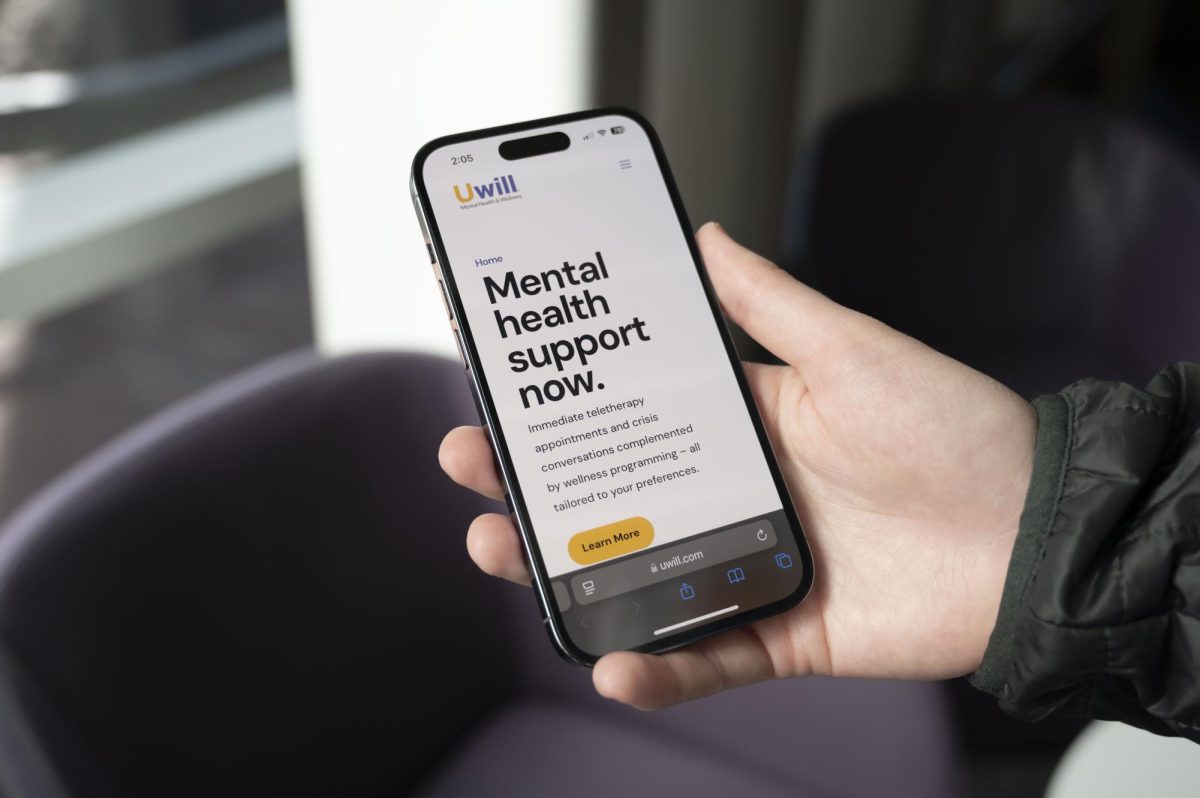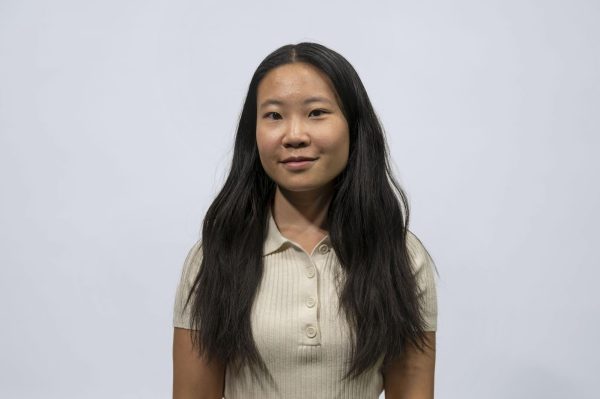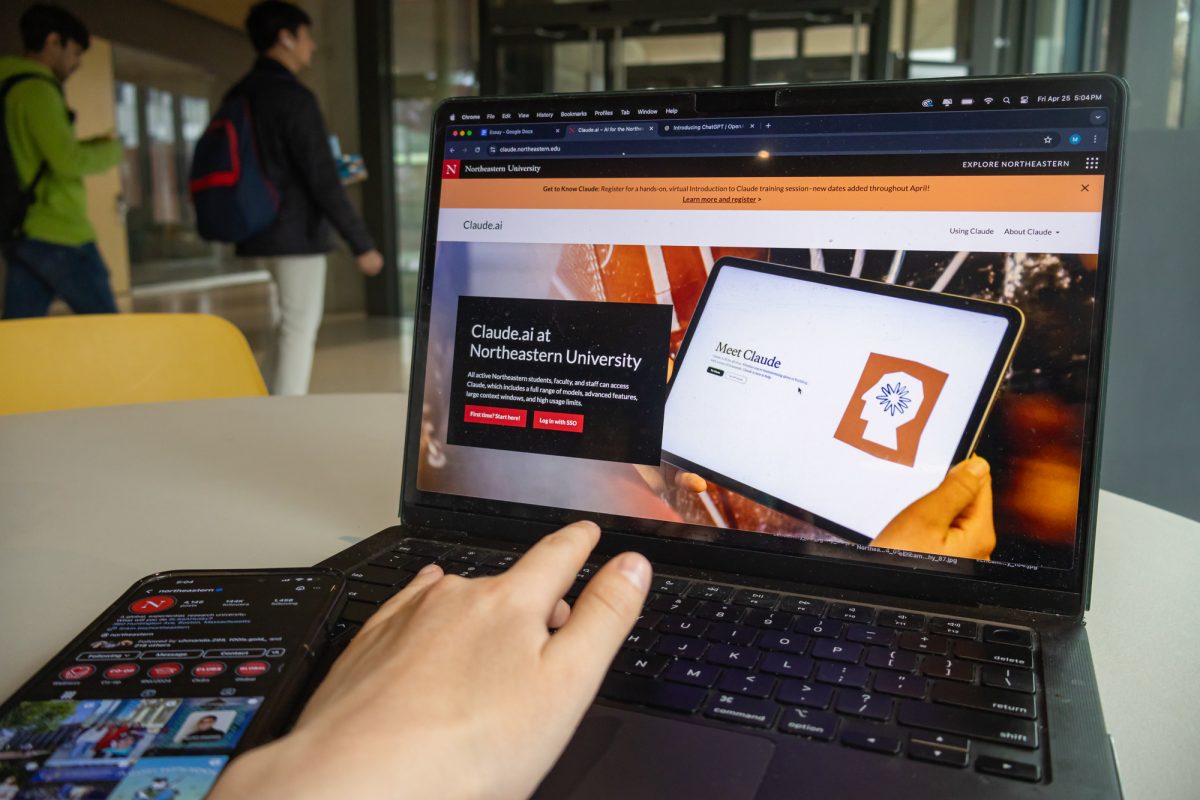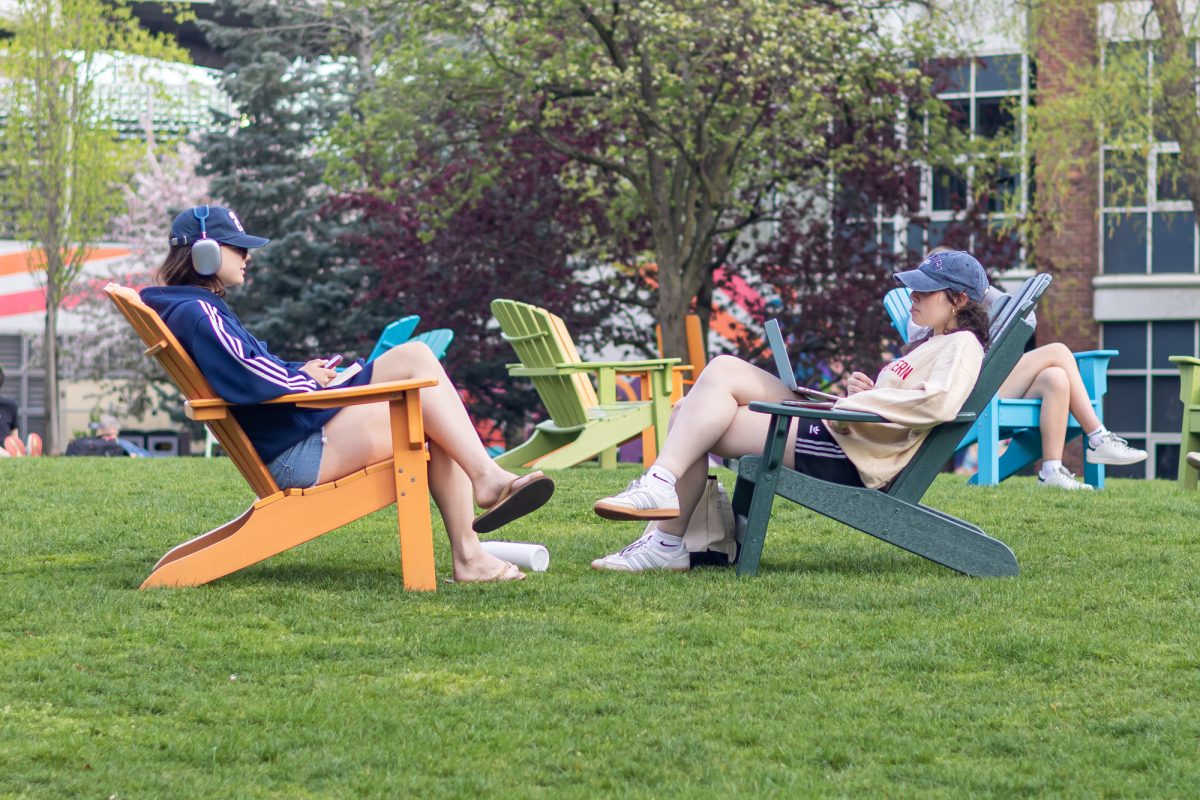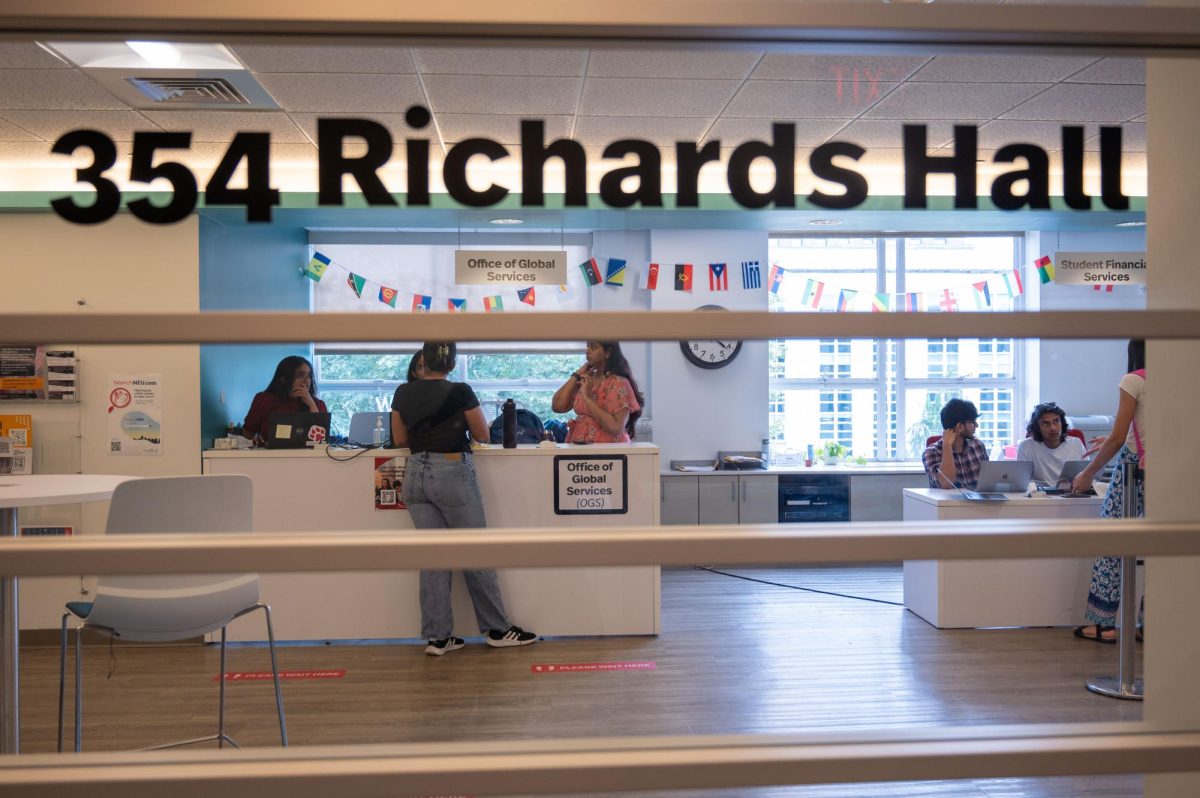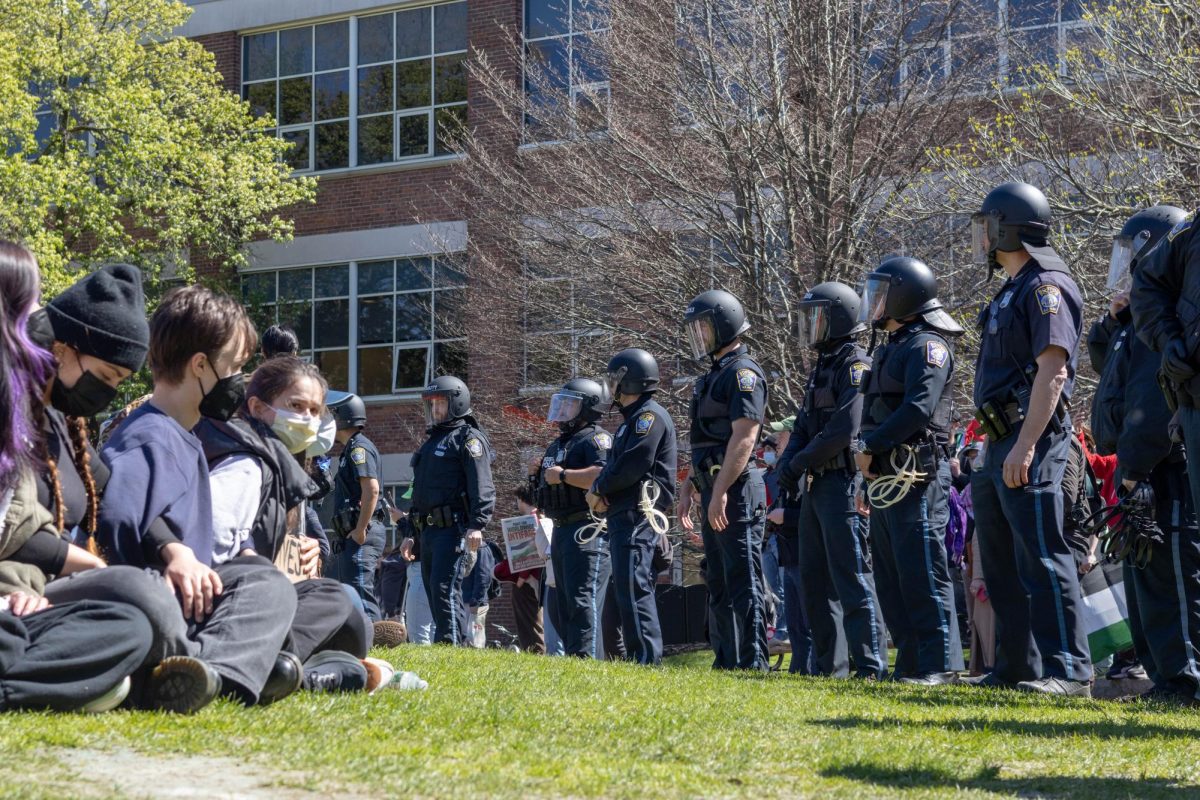Balancing social, academic, personal and professional expectations can easily become overwhelming in college. Because of this, the university has a responsibility to provide resources that enable the well-being of its students. At a school like Northeastern, which demands professional and academic success, why should it not do its part to ensure students are mentally prepared?
The mental health provider network I had been using through Northeastern was Anthem’s Employee Assistance Program. Through Anthem, students had access to 45-minute therapy sessions and an array of counselors within Anthem’s network. This gave students flexibility with their counseling and treatments, like choosing between in-person or virtual appointments.
In early May, I was informed of Northeastern’s decision to switch from Anthem to a telehealth platform called Uwill. Uwill allows students to schedule 30 minutes of therapy with any counselor that registers into its program. The idea behind Uwill, based on the mission statement on its website, is to “offer immediate mental health and wellness support.”
This decision was advertised by the university as a step forward and improvement to current resources, enabling students to easily access counseling resources in a more simplified way. However, the decision to switch to Uwill was not a decision made in the best interest of students.
I found out about the switch from my therapist during a counseling session. I was shocked that there was no communication with students about a change that massively impacted the accessibility of their health resources.
I called Find@Northeastern, the point of contact for student mental health support, and was redirected to a Uwill support team. When I asked if there was a way to stick with my current therapist, I was informed that I would need to find a new one through their new system.
When the switch happened, I had been working with my Anthem therapist for over a year. With Anthem, I had the flexibility to combine Northeastern’s 45-minute benefit with my personal insurance to allow continuous 105-minute sessions. This would not be possible with the constraints of the Uwill platform. My therapist and I had to rework my treatment plan, which was extremely disruptive to my counseling and put my ability to seek treatment at risk. This could have also caused other students to lose their counselors completely.
From that experience, I gathered that Northeastern and Uwill operate under the assumption that therapists and treatments are interchangeable. They’re not.
Uwill’s model is “quick and easy” therapy — that is, you can schedule a maximum time of 30 minutes with a limited number of in-network providers. A student seeking treatment meets therapists through a biography, headshot and tags indicating the provider’s area of expertise. Uwill’s website provides very little information about the process a student will undergo after signing up.
Uwill’s website states it wants to let students know “that there is someone there to listen.” Listening is one thing, but a therapist being actively involved in treatment is another. It seems like Uwill treats its counselors like brick walls — available for patients to “vent” to and be contacted on-demand, but unable to become truly involved in their patient’s counseling.
What options are available to students who want more help, to understand themselves and develop resilience? How will 30 minutes allow the provider to develop a relationship with their client and their client to trust their provider?
My therapist and I meet for two 105-minute sessions twice a week and are able to talk about everything in depth. Whether it’s a current issue or an ongoing situation, we see what there is to understand about my decisions and the emotions I experience. We can look back to previous discussions and struggles and make connections. We set expectations for each other and coordinate next steps in my treatment plan. I’ve made the most progress when my therapist challenges me — challenges me to prioritize attending sessions, to consciously participate in them, to make time to commit to my health actively. This could not be accomplished in 30 minute increments.
The quality of therapy and provider relationships benefit the most from a personal, involved approach. I found my current therapist through the Anthem program, and although the process took more effort to navigate, I could ask questions and receive support from the platform. Because of the initiative I was taking, I was able to learn about myself and what I wanted in a therapist. I was also learning how to navigate and ask questions about insurance, which is an invaluable experience to have as someone about to enter the adult world.
I found this self-initiated experience to be motivating and empowering, which was especially beneficial when I was at a lower state of mental health.
This is all to say that therapy is not “quick and easy.” Therapy is like surgery — you’re dissecting your mind, trying to understand how it’s been molded, what is happening inside and why. You can’t expect thorough counseling to happen in 30 minutes of potentially inconsistent sessions. Therapy is investing in your mental health, and that takes commitment from the provider and especially the client.
It is unreasonable to expect students to be helped by a platform that does not encourage personal relationships with its providers or a commitment to health. It is unreasonable to leave students scrambling, forced to navigate new insurance and financial obligations alone or lose their provider and their access to mental health care. It is appalling that the university would perpetuate the idea that truly successful therapy can be done in less time than a class lecture.
I’m simply demanding more. More options and support should be available for students who want to commit to therapy. There needs to be more respect for the nuances of mental health counseling and the range of treatments and session lengths that students need.
At the very least, it is unacceptable to leave students in the dust when sudden health policy changes occur. We deserve better.
Ellie Acuña is a fifth-year computer engineering and computer science combined major. She can be reached at acuna.g@northeastern.edu
The Huntington News is dedicated to serving the Northeastern University community with original, professional reporting and creating an environment in which student journalists can learn from one another. Support an independent, free press at Northeastern University with your donation today.


